A transition to sustainable energy resources and systems is necessary to meet environmental goals while preserving social and economic conditions. We are developing technologies, models and approaches to improve energy efficiency, management and behaviors. Our researchers are partnering with private and public sector stakeholders to foster renewable energy, smart grid and transportation innovations that reduce fossil fuel use and carbon emissions. We assess the costs and benefits of sustainable energy policies and the transition to a low-carbon economy.
SI Research Lead
Jeffrey Bielicki (bielicki.2@osu.edu), Department of Civil, Environmental and Geodetic Engineering; Glenn College of Public Affairs
Subscribe to the Sustainable Energy listserv to stay up to date on news and activities related to this research area.
INTEGRATION OF ADVANCED ENERGY TECHNOLOGIES
Developments in renewables, energy storage and electric transportation must be integrated into energy systems. We are researching the efficiency of and optimal locations for electric-vehicle charging stations as part of Smart Columbus — the Smart City program partly funded by the U.S. Department of Transportation that aims to improve the city’s transportation options.
SEMICONDUCTORS AND THE POWER GRID
Wide Band Gap semiconductors are used globally to improve efficiency and reduce power consumption in systems such as power supplies, solar inverters and motor drives. Our researchers are addressing the technical challenges of these devices for eventual commercialization and wide-scale integration of renewable energy in the grid.
SUSTAINABLE ENERGY BEHAVIOR
Ohio State researchers are making discoveries about the intersection of behavior, decision making and sustainability. We have found that though consumers may be motivated by environmental stewardship and other factors aside from savings, their faulty impression about their savings is key to whether a they want to continue in time-of-use programs where consumers pay more for energy when it’s in highest demand and less when usage typically dips.

Ohio State students travel to Dubai for climate conference
Learn more about Ohio State students travel to Dubai for climate conference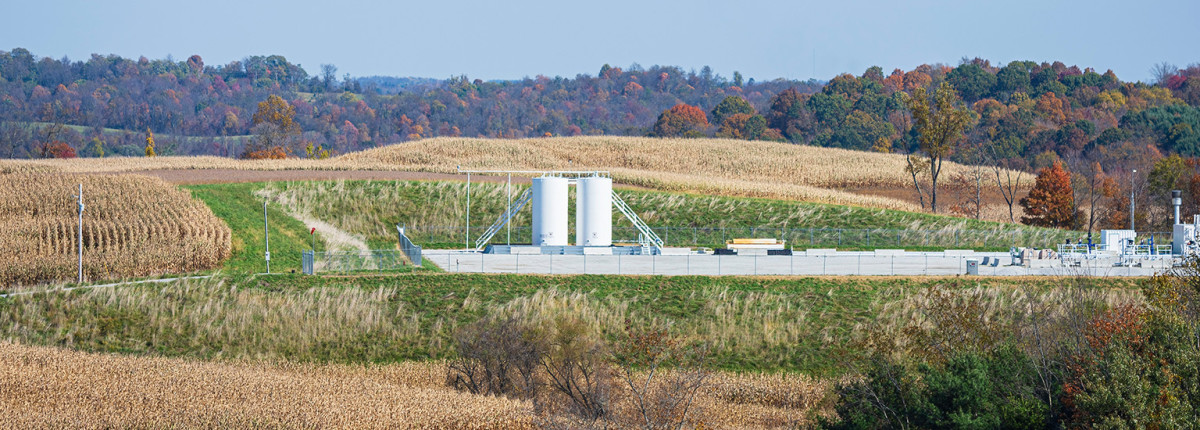
A bigger bang approach to economic development: an application to rural Appalachian Ohio energy boomtowns
Learn more about A bigger bang approach to economic development: an application to rural Appalachian Ohio energy boomtowns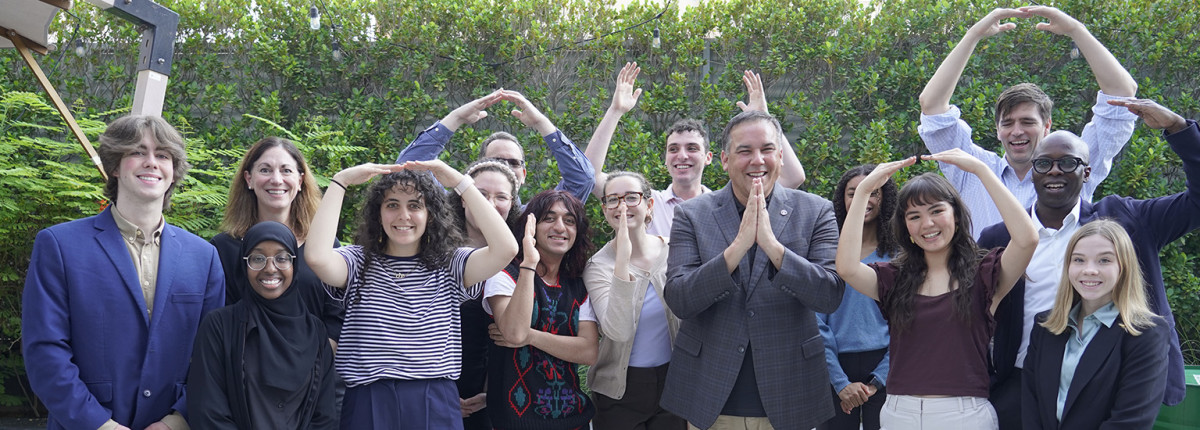
Ohio State study abroad program attends COP28
Learn more about Ohio State study abroad program attends COP28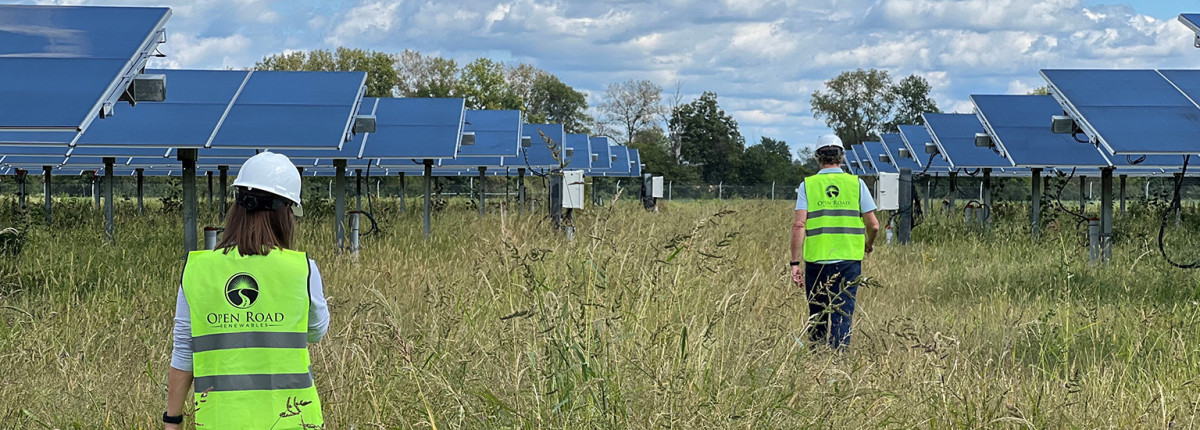
Solar developer enhances sustainable energy training
Learn more about Solar developer enhances sustainable energy training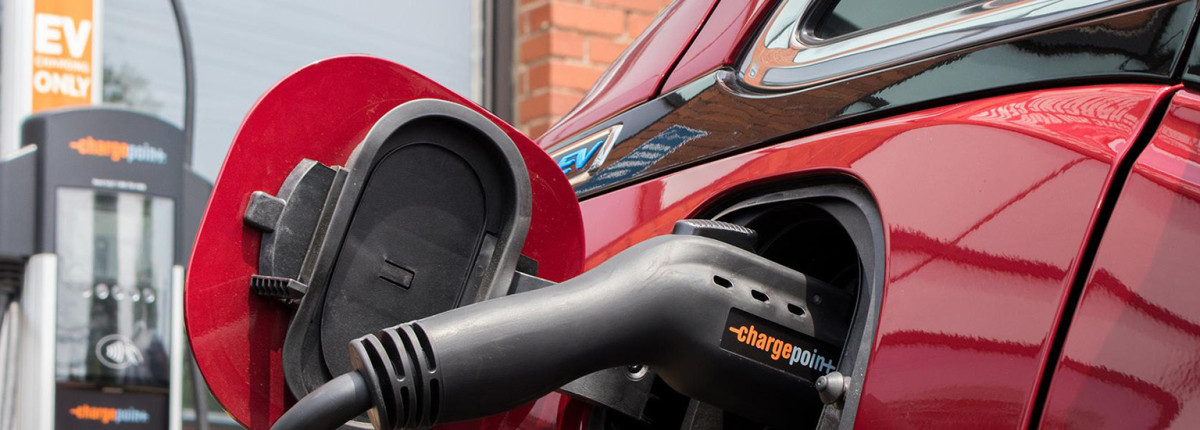
Bringing new resilient infrastructure to all communities
Learn more about Bringing new resilient infrastructure to all communities
Sustainability Institute selects the second cohort of Exploratory Research Groups
Learn more about Sustainability Institute selects the second cohort of Exploratory Research Groups
Honda Funds Student Research to Promote Sustainable Aviation
Learn more about Honda Funds Student Research to Promote Sustainable AviationEnhancing Power Grid Resilience for Navajo Nation
Learn more about Enhancing Power Grid Resilience for Navajo Nation
SI fosters interdisciplinary research through FY23 grant awards
Learn more about SI fosters interdisciplinary research through FY23 grant awards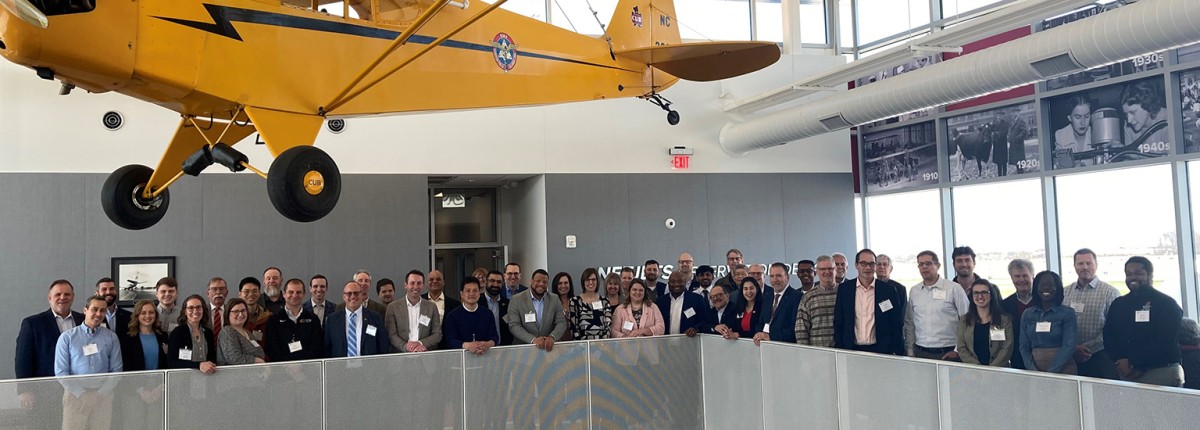
Ohio State Forum Explores Challenges, Opportunities to Decarbonize Aviation
Learn more about Ohio State Forum Explores Challenges, Opportunities to Decarbonize Aviation
Using machine learning to help monitor climate-induced hazards
Learn more about Using machine learning to help monitor climate-induced hazards
Ohio State awarded $3.8M grant from U.S. Department of Energy to improve electric vehicle batteries
Learn more about Ohio State awarded $3.8M grant from U.S. Department of Energy to improve electric vehicle batteries
Ohio State faculty selected for National Science Foundation funding
Learn more about Ohio State faculty selected for National Science Foundation funding
Ohio State faculty receive grant to study economic efficiency, equity impacts of electric choice markets
Learn more about Ohio State faculty receive grant to study economic efficiency, equity impacts of electric choice markets
Ohio State hosts DOE Connected Communities kickoff
Learn more about Ohio State hosts DOE Connected Communities kickoff
Sweet Fuel: The Remarkable Story of Brazilian Ethanol
Learn more about Sweet Fuel: The Remarkable Story of Brazilian Ethanol
Automotive engineering students excel in EcoCAR Mobility Challenge
Learn more about Automotive engineering students excel in EcoCAR Mobility Challenge
Ohio State team explores organic materials for sustainable battery production
Learn more about Ohio State team explores organic materials for sustainable battery production
Power Lines: Comics and the Environment’ exhibit captures human-environment interaction
Learn more about Power Lines: Comics and the Environment’ exhibit captures human-environment interaction
Ohio State selected to help develop low-Earth orbit space station research pipeline
Learn more about Ohio State selected to help develop low-Earth orbit space station research pipeline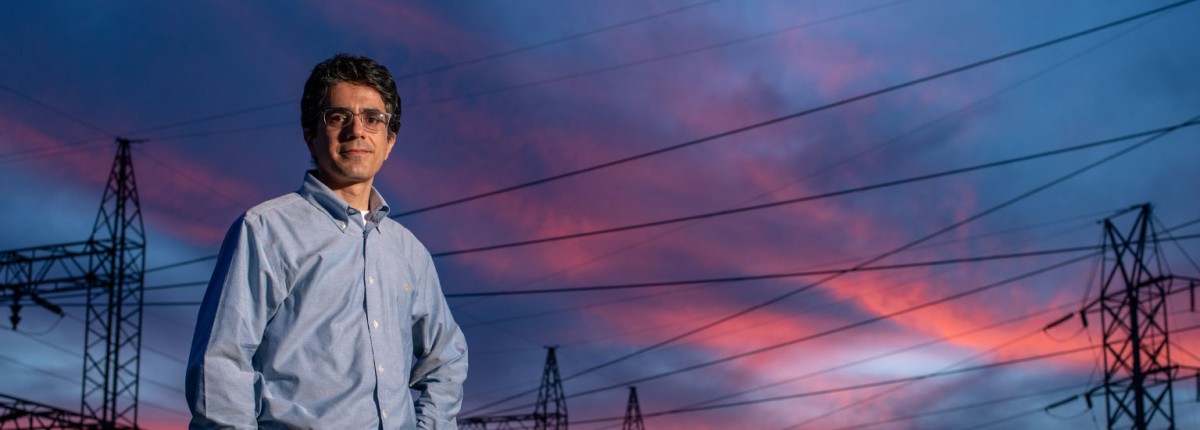
Is the U.S. energy grid ready for the future?
Learn more about Is the U.S. energy grid ready for the future?
Ohio State Energy Partners highlighted as a model of innovation
Learn more about Ohio State Energy Partners highlighted as a model of innovation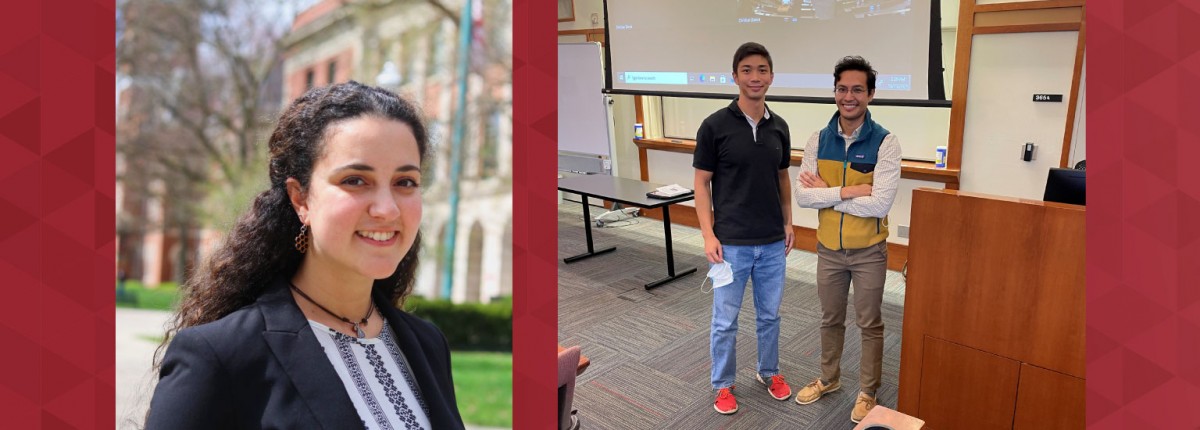
Rising to the challenge: Sustainable energy program gives students first research opportunities
Learn more about Rising to the challenge: Sustainable energy program gives students first research opportunities
Annual OSEP Awards
Learn more about Annual OSEP Awards
Groundbreaking ceremony held for Energy Advancement and Innovation Center
Learn more about Groundbreaking ceremony held for Energy Advancement and Innovation Center
Transforming ‘sewer gas’ into clean hydrogen fuel
Learn more about Transforming ‘sewer gas’ into clean hydrogen fuel
Sustainability projects receive Ohio State President's Research Excellence Accelerator funding
Learn more about Sustainability projects receive Ohio State President's Research Excellence Accelerator funding
Ohio State plans new round of energy efficiency projects
Learn more about Ohio State plans new round of energy efficiency projects
Stinkweed could make a cleaner bio-jet fuel, study finds
Learn more about Stinkweed could make a cleaner bio-jet fuel, study finds
Is our energy grid ready for the future? Nope.
Learn more about Is our energy grid ready for the future? Nope.
Ohio State to Compete in SAE AutoDrive Challenge
Learn more about Ohio State to Compete in SAE AutoDrive Challenge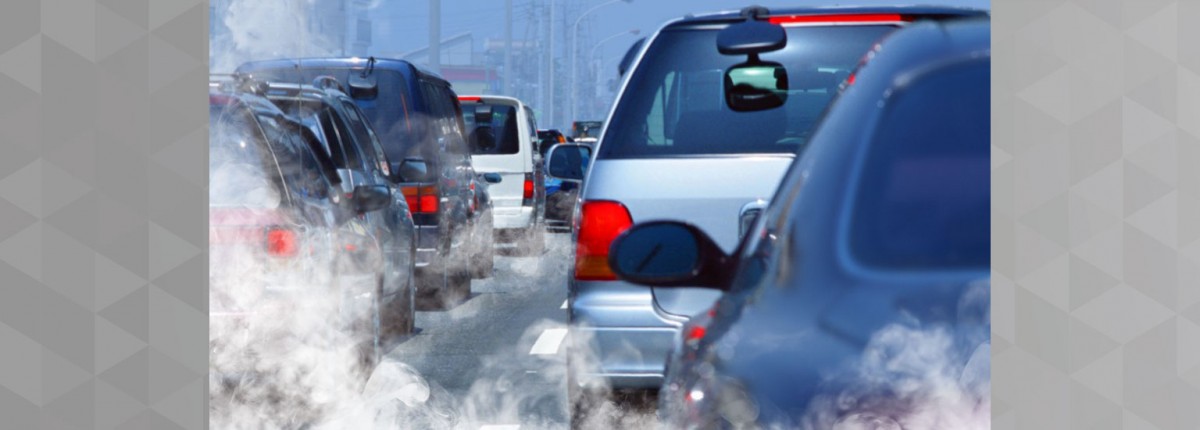
A new ‘gold standard’ compound for generating electricity from heat
Learn more about A new ‘gold standard’ compound for generating electricity from heat
Sustainability Institute announces 2021 research seed grants
Learn more about Sustainability Institute announces 2021 research seed grantsOhio State, IGS Energy Launch Public-Private Initiative on Sustainable Energy
Learn more about Ohio State, IGS Energy Launch Public-Private Initiative on Sustainable Energy
The power of knowledge: Faculty help farmers make solar leasing decisions
Learn more about The power of knowledge: Faculty help farmers make solar leasing decisions
Wexner Medical Center Sustainability Successes
Learn more about Wexner Medical Center Sustainability Successes
The energy puzzle
Learn more about The energy puzzle
Scientists develop a cheaper method that might help create fuels from plants
Learn more about Scientists develop a cheaper method that might help create fuels from plants
Energized: Student Entrepreneurs Share Portable Battery Invention
Learn more about Energized: Student Entrepreneurs Share Portable Battery Invention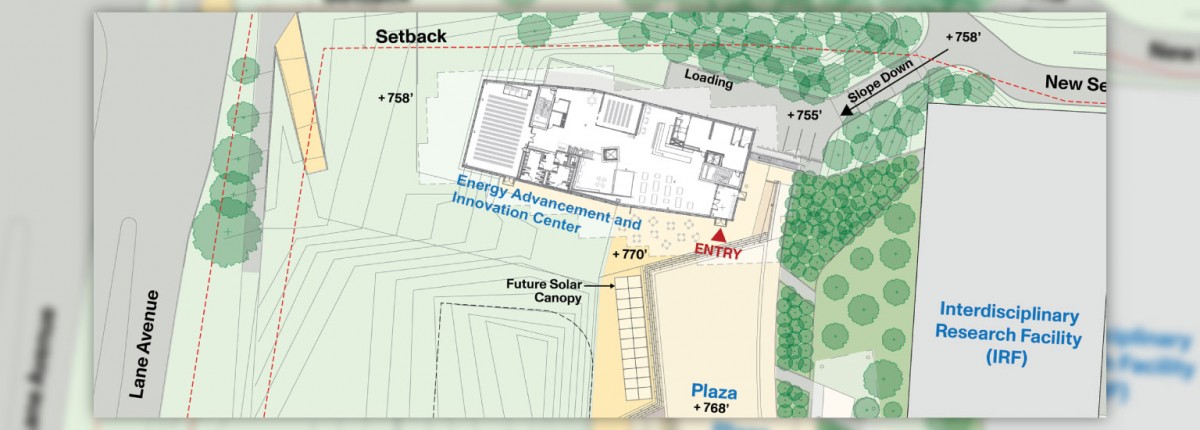
Ohio State Trustees approve construction for Energy Advancement and Innovation Center
Learn more about Ohio State Trustees approve construction for Energy Advancement and Innovation Center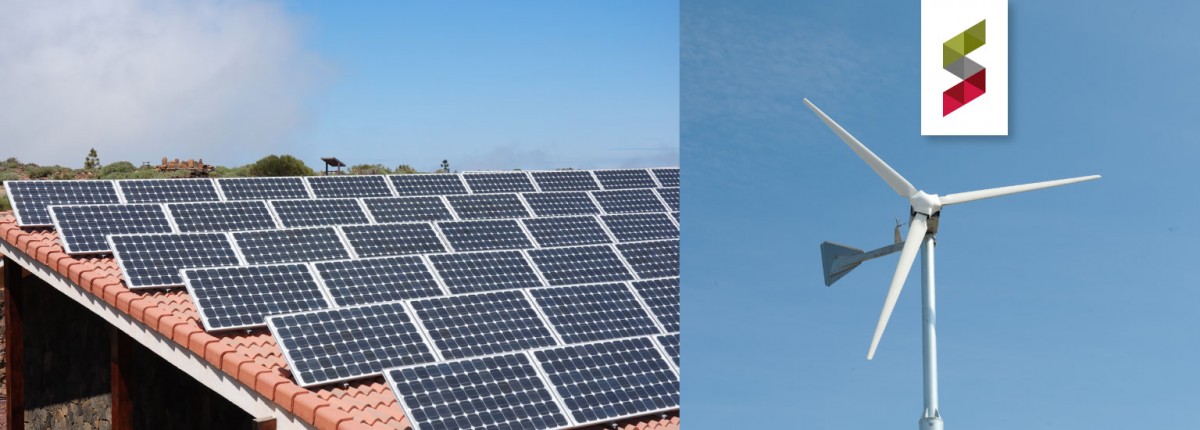
Developing the Next Generation of Sustainable Energy Leaders
Learn more about Developing the Next Generation of Sustainable Energy Leaders
Sustainability Research Seed Grant Program Seeks Pre-Proposals
Learn more about Sustainability Research Seed Grant Program Seeks Pre-Proposals
Capturing Carbon from Fossil Fuel Energy: Ohio State Membrane Technology Moves Closer to Commercialization
Learn more about Capturing Carbon from Fossil Fuel Energy: Ohio State Membrane Technology Moves Closer to Commercialization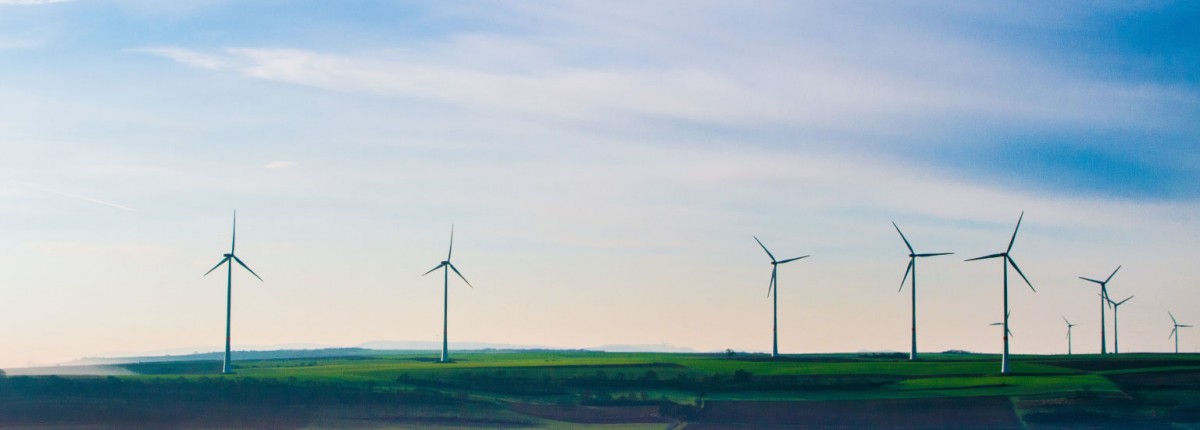
Sustainability Institute Affiliated Faculty Members Awarded $2.1M from Sloan Foundation
Learn more about Sustainability Institute Affiliated Faculty Members Awarded $2.1M from Sloan Foundation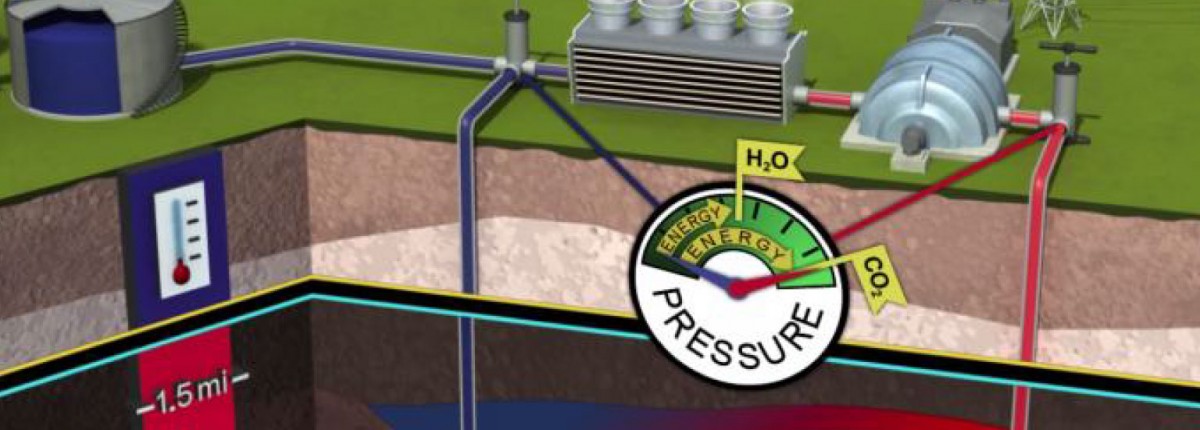
Multi-institution geothermal energy research project earns Sloan Foundation support
Learn more about Multi-institution geothermal energy research project earns Sloan Foundation support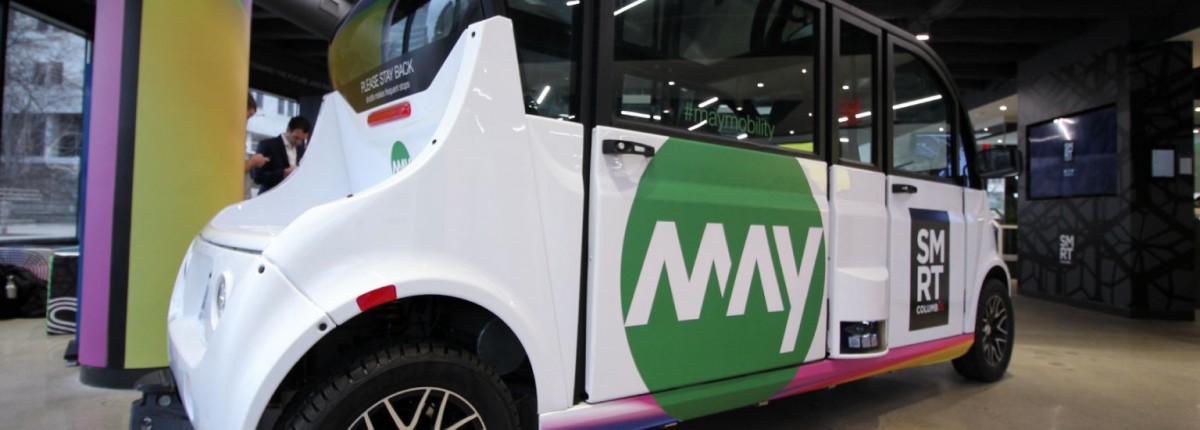
Four years later, Ohio State research boosts Smart Columbus
Learn more about Four years later, Ohio State research boosts Smart Columbus
Ohio State joins $2.44 million DOE electric efficiency initiative
Learn more about Ohio State joins $2.44 million DOE electric efficiency initiative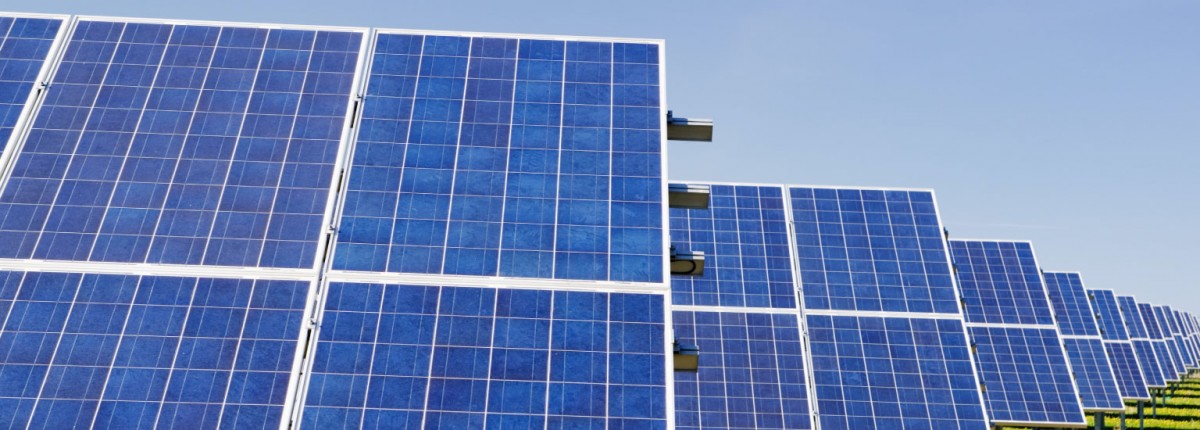
Solar development expanding in rural Ohio
Learn more about Solar development expanding in rural Ohio
Chemistry finding could make solar energy more efficient
Learn more about Chemistry finding could make solar energy more efficient
Funding Available for New Interdisciplinary Research Teams
Learn more about Funding Available for New Interdisciplinary Research Teams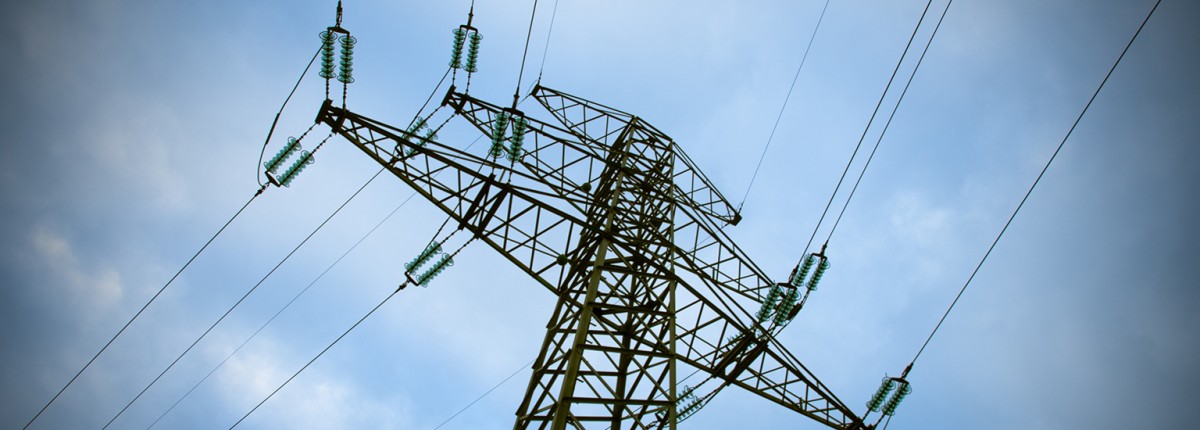
Thought Leadership: Ohio State Experts Share Opinions on EPA Power Plant Pollutants Rule
Learn more about Thought Leadership: Ohio State Experts Share Opinions on EPA Power Plant Pollutants RuleScientists see defects in potential new semiconductor
Learn more about Scientists see defects in potential new semiconductor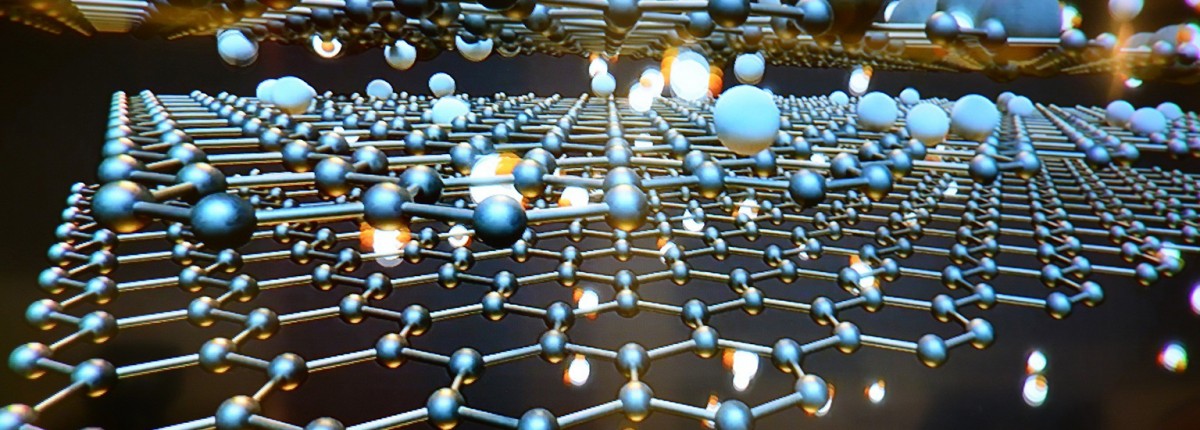
Finding the “magic angle” to create a new superconductor
Learn more about Finding the “magic angle” to create a new superconductor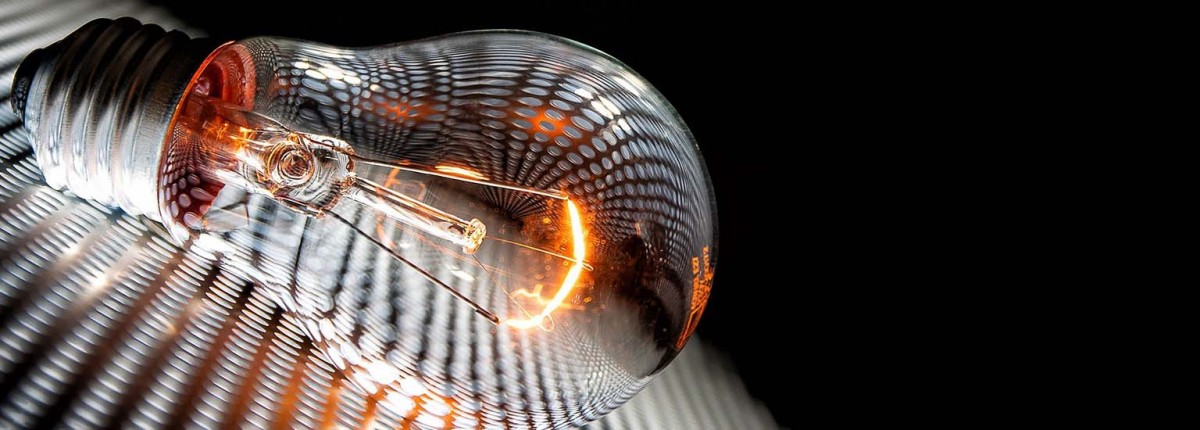
A New Way to Turn Heat into Energy
Learn more about A New Way to Turn Heat into Energy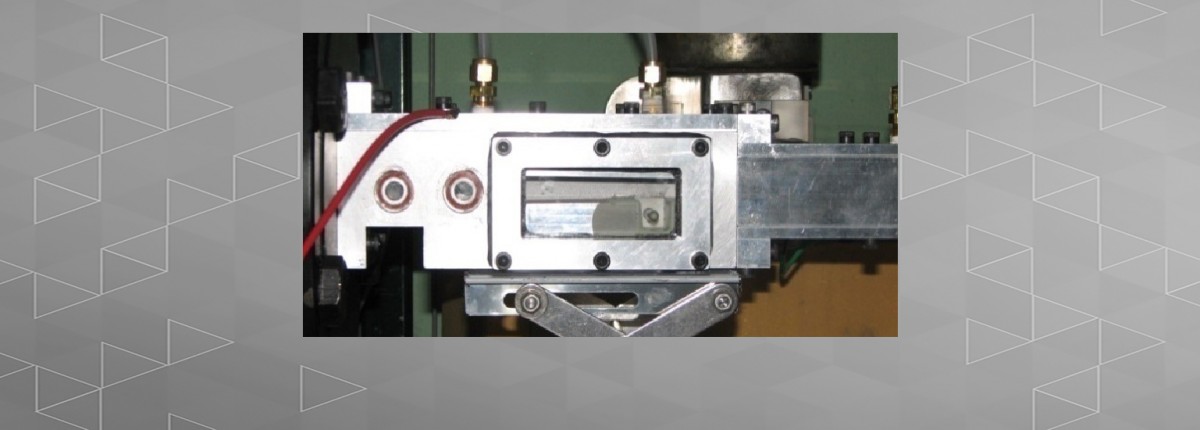
Department of Energy award will advance plasma energy technology
Learn more about Department of Energy award will advance plasma energy technology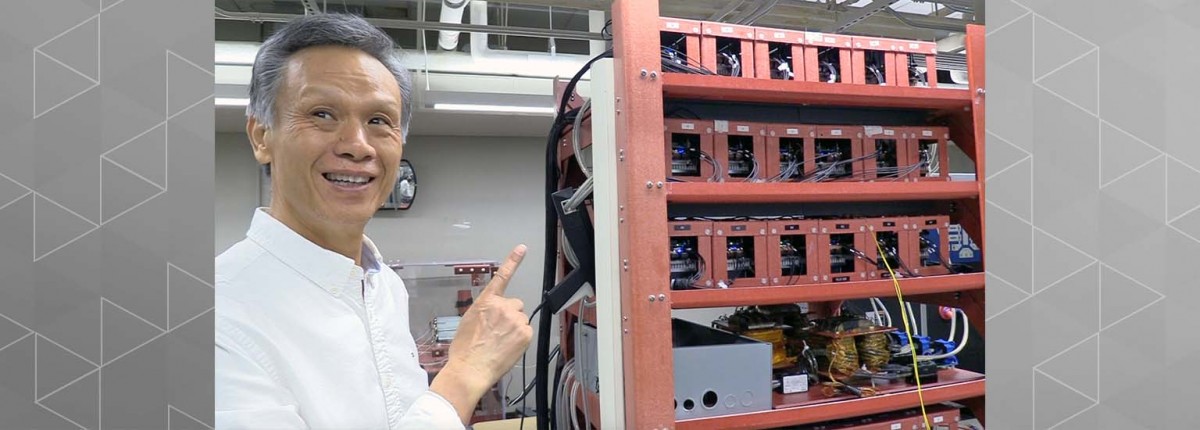
Stardust and Ohio State’s next-generation electric machine
Learn more about Stardust and Ohio State’s next-generation electric machine
University sees sustainability improvements from energy partnership
Learn more about University sees sustainability improvements from energy partnership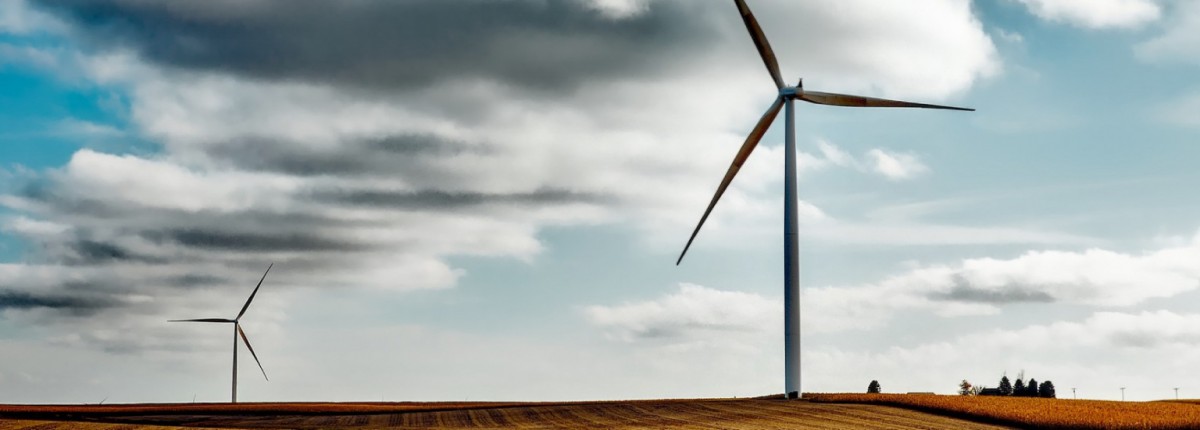
Energy storage could reduce emissions that cause climate change
Learn more about Energy storage could reduce emissions that cause climate change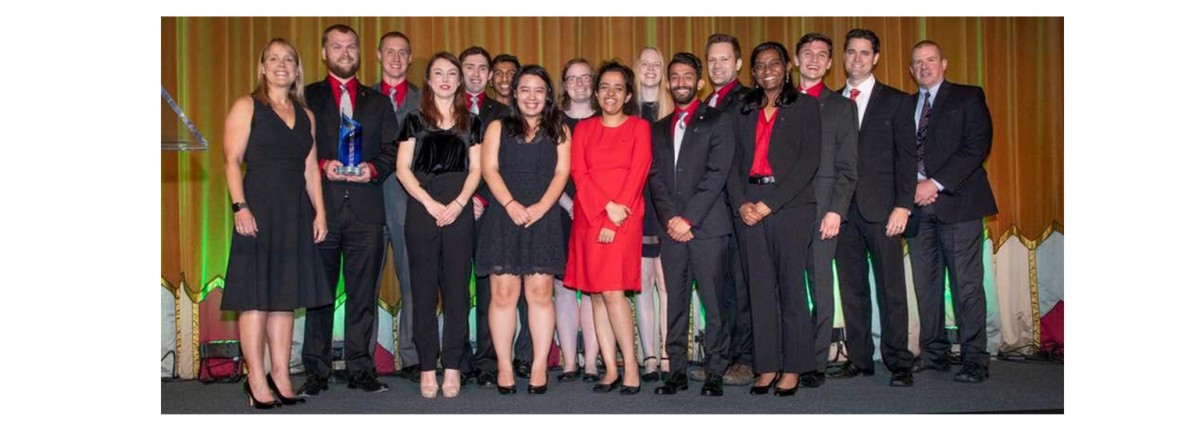
Buckeyes Place First in the EcoCAR Mobility Challenge Year One Competition
Learn more about Buckeyes Place First in the EcoCAR Mobility Challenge Year One Competition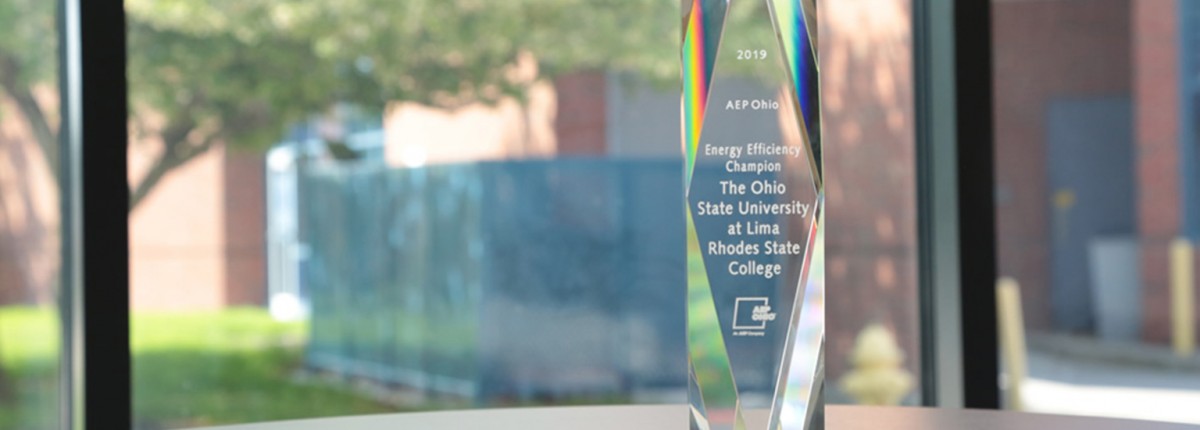
Ohio State Lima and Rhodes State Announce Energy Results, Special Recognition
Learn more about Ohio State Lima and Rhodes State Announce Energy Results, Special Recognition
Medical Center Improves Power Efficiency, Reduces Printing
Learn more about Medical Center Improves Power Efficiency, Reduces Printing
DOE Funding to Energize Electric Power Research at Ohio State
Learn more about DOE Funding to Energize Electric Power Research at Ohio State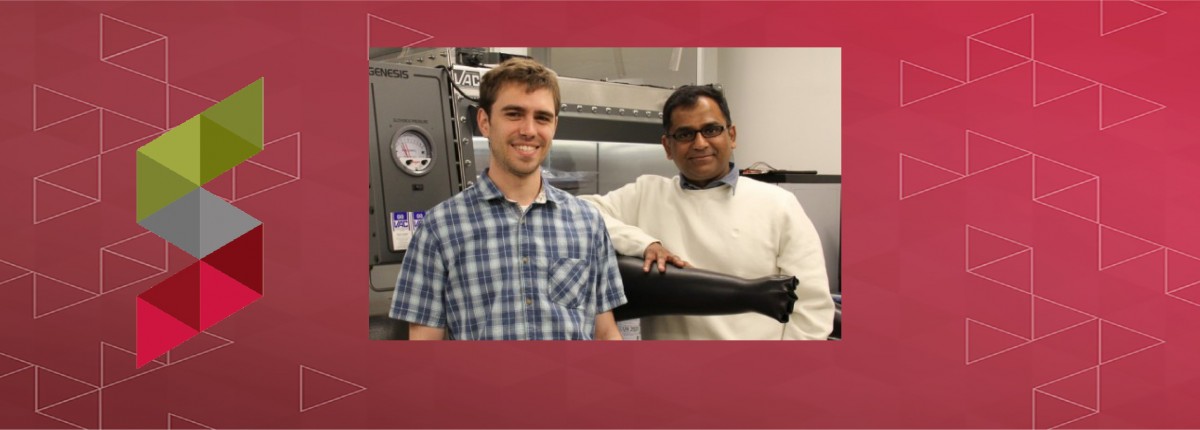
Another Step Forward for a Promising New Battery to Store Clean Energy
Learn more about Another Step Forward for a Promising New Battery to Store Clean Energy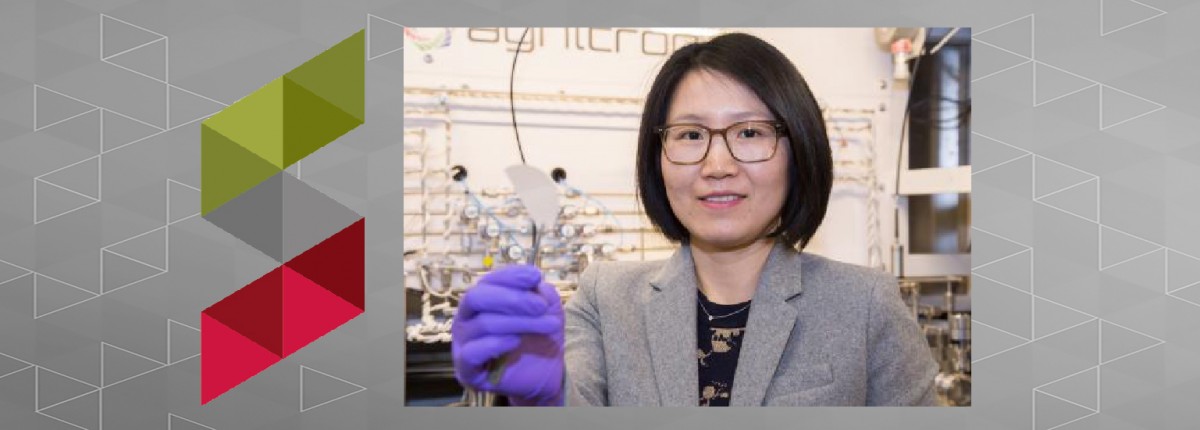
New Federal Award Will Advance Power Electronics Research
Learn more about New Federal Award Will Advance Power Electronics Research
Researchers discover new material to help power electronics
Learn more about Researchers discover new material to help power electronics
Nightlights for Stream Dwellers? No, Thanks
Learn more about Nightlights for Stream Dwellers? No, Thanks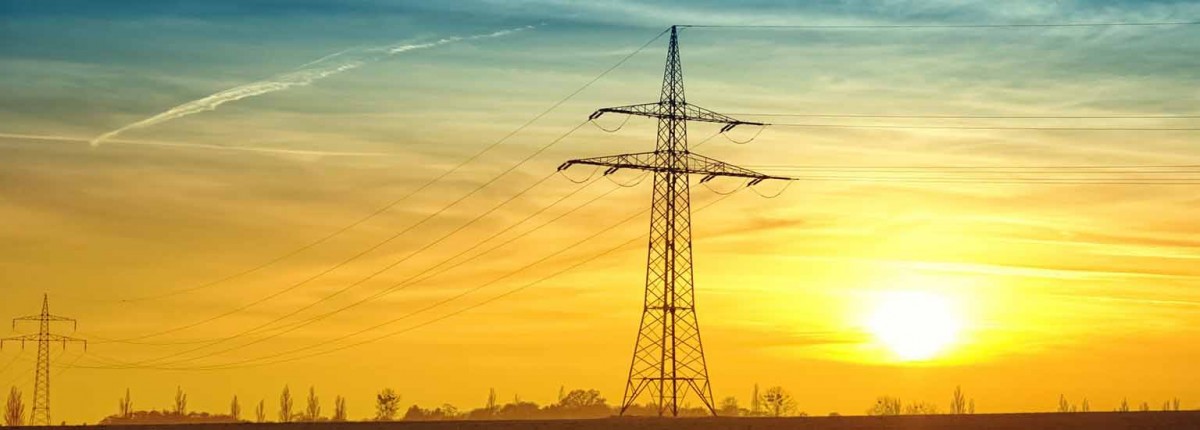
Utility customers overestimate cost savings with energy-conservation plans
Learn more about Utility customers overestimate cost savings with energy-conservation plans